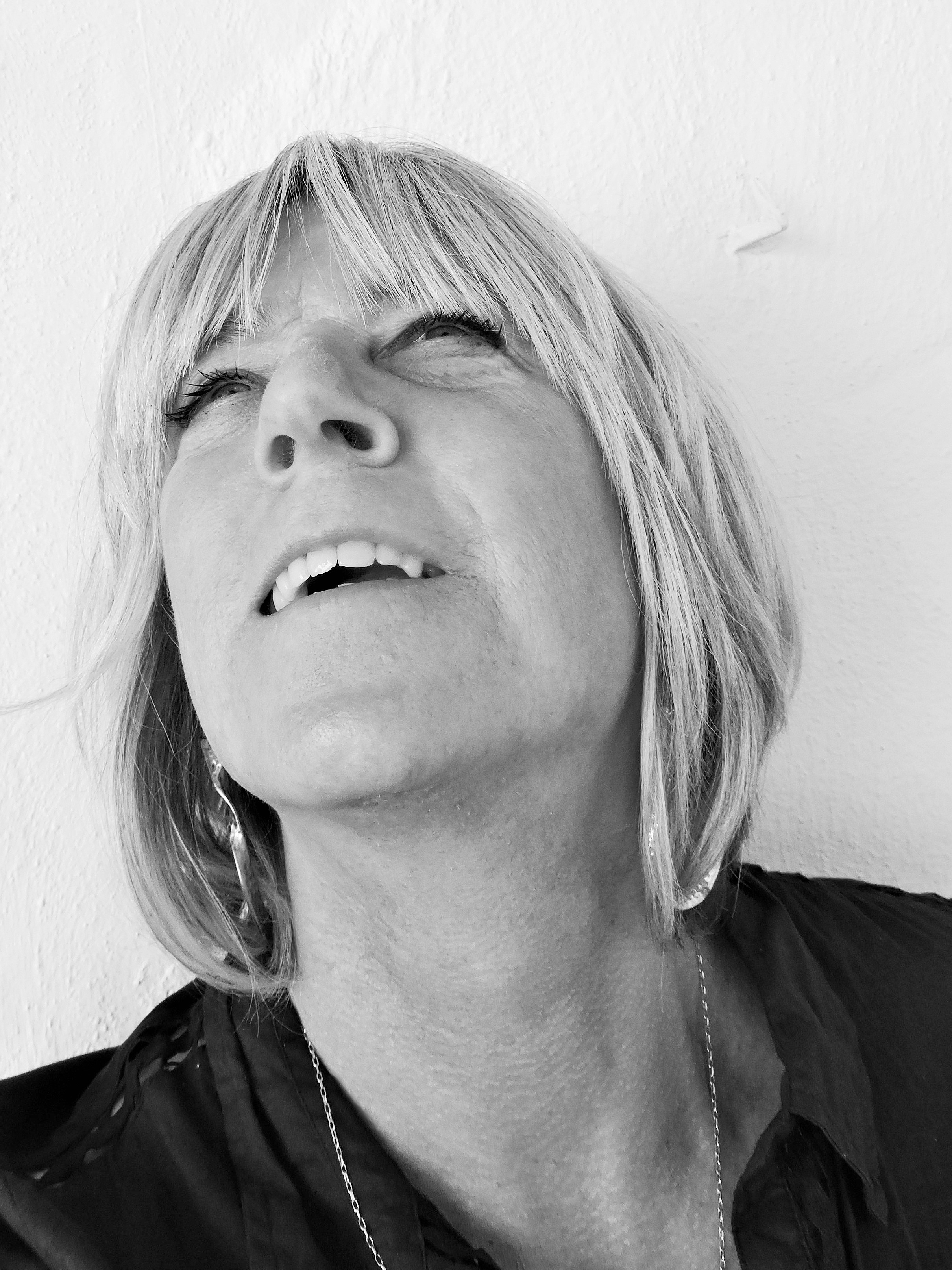Ideas and Pioneers Fund grantee Juno Roche explores Sexual Health Provision for Trans People

Transgender communities worldwide feel widely discriminated against.
I can attest to this though my own truth as a trans-woman living with HIV. I have been HIV positive for close to twenty five years, and during that time I have been subjected to horrible discrimination, ignorance and fear and have swallowed most of it without any recourse. I self-medicate and self-diagnose my interactions because all three of my distinct providers; GP, gender care and HIV care work separately.
There is no data about us and our community within the UK though there is speculative data, on a global level that estimates that at least 19% of all transgender women are HIV positive. There is hardly any data about transgender men, and none that references anyone non-binary. The data can be reliably honed down to geographical specifics often showing a shameful picture about the treatment of transgender women of colour and transgender sex workers. The intersection of transgender identity and race is still woefully ignored in research, campaigns and funding.
The figure of 19% cannot be picked up and readily applied to us here in the UK with our greater legislative protections (Equality Act 2010) and our ‘free’ healthcare system. This isn’t the space to debate the strengths and weaknesses of the NHS, but we have to accept that we have a free healthcare system which many other countries simply don’t, and therefore in these countries transgender people have greater challenges in paying for any transition processes they may need or want to have.
This lack of UK specific knowledge and data doesn’t allow structures to be built systemically for our community. At best we have to use anecdotal evidence and incredibly small sample sizes of data to build a picture that doesn’t sustain funding or structural interventions, I know this from my work across the fields of education and sexual healthcare. It frustrates and angers me but worse it means that we do not know how to properly plan to engage, protect and serve our communities. This knowledge gap is the main driver for the creation of ‘Finding Our T Spot ‘a series of engagements and conversations that I am currently developing and delivering with funding from Paul Hamlyn Foundation. The first part of Finding Our T Spot is a film about the work of cliniQ a free holistic sexual health care and well-being service for Trans people. The second was the recent roundtable event held at pharmaceutical company Gilead, which specifically was designed to examine current research around the transgender community and sexual healthcare. Questions on the agenda included; what research do we need to make viable structural changes to improve sexual healthcare for all the transgender community including non-binary people? How and who should carry out the research?
cliniQ currently operates as a three hour clinic on a Wednesday evening within the rather wonderful 56 Dean Street. It is a vibrant, totally inclusive and diverse space which transgender people utilise as a vital part of their healthcare. But it is underfunded and overcrowded. We need a specific transgender sexual holistic healthcare centre and we need it urgently as funding is cut across the board and hopes of embedded transgender training modules float off down the river of austerity. We do have funding to deliver some outreach work through cliniQ but this is finite. One of the clear things to come out of the event was the paucity of quality in healthcare across the board for the transgender community. We know that Trans people are slipping between ever growing cracks and that there is a real inequality both in the delivery of healthcare and the quality of healthcare. A centre of excellence has never been more vital.
We are at the very beginning stages of building a greater capacity and remit for cliniQ, the team there are a few, utterly committed, longstanding professionals comprising therapists and sexual healthcare providers. Most importantly cliniQ is trans designed and trans led and is leading the way in providing care for this still, vulnerable community, despite ‘tipping points’ and greater legislative protections.. For example, at the clinic we still see clients present with AIDS defining illnesses that have been all but eliminated in other groups of people living with HIV. I feel utterly compelled to assist in the work to create more solid, inclusive and more holistic sexual healthcare for the transgender community.
I am one of the 19% of transgender women worldwide who is HIV positive, I understand this work inside out and am determined that other transgender people should not have to endure anything but equitable healthcare.
Comments